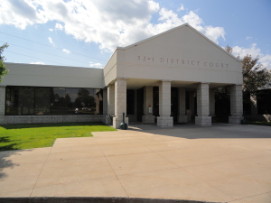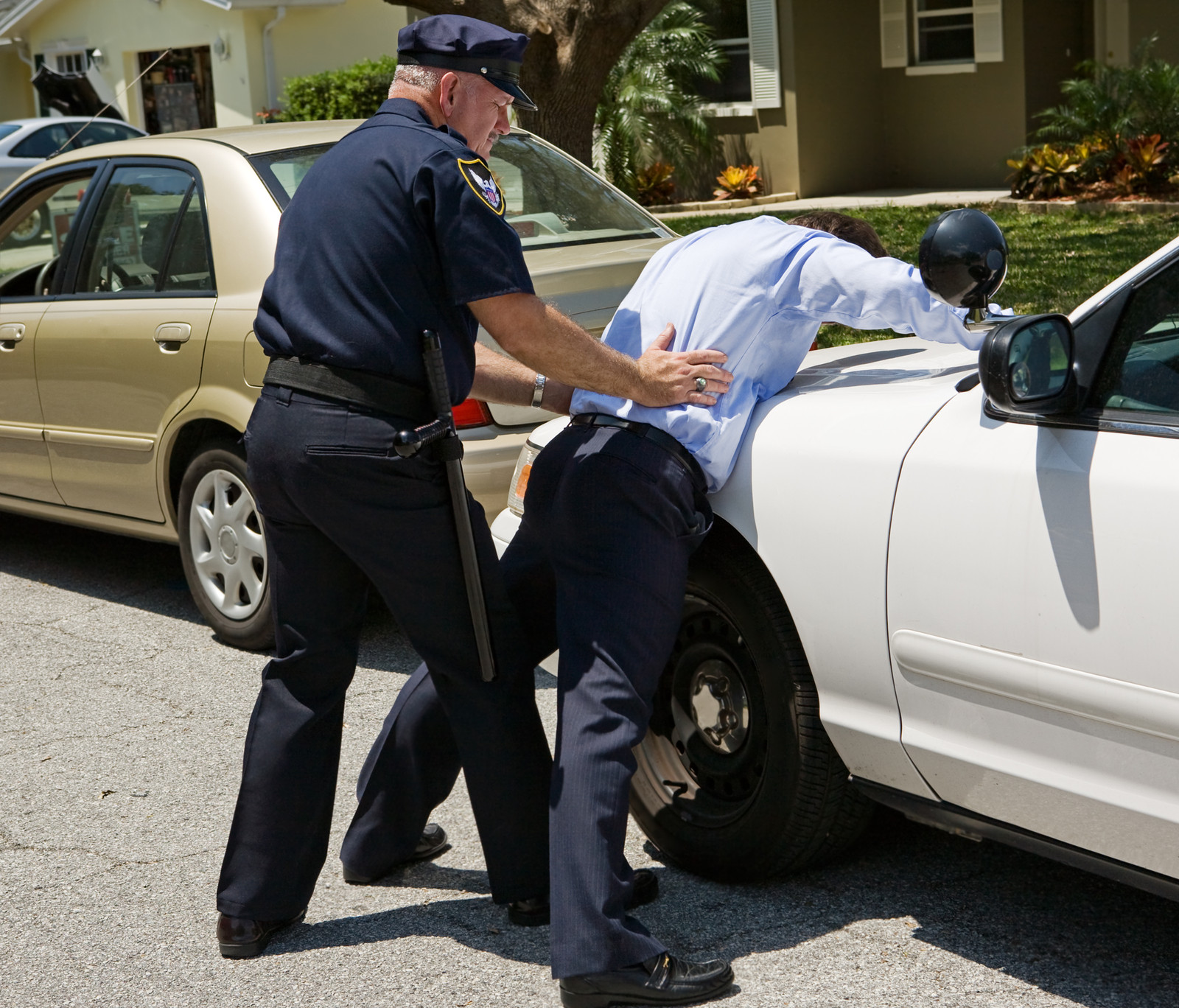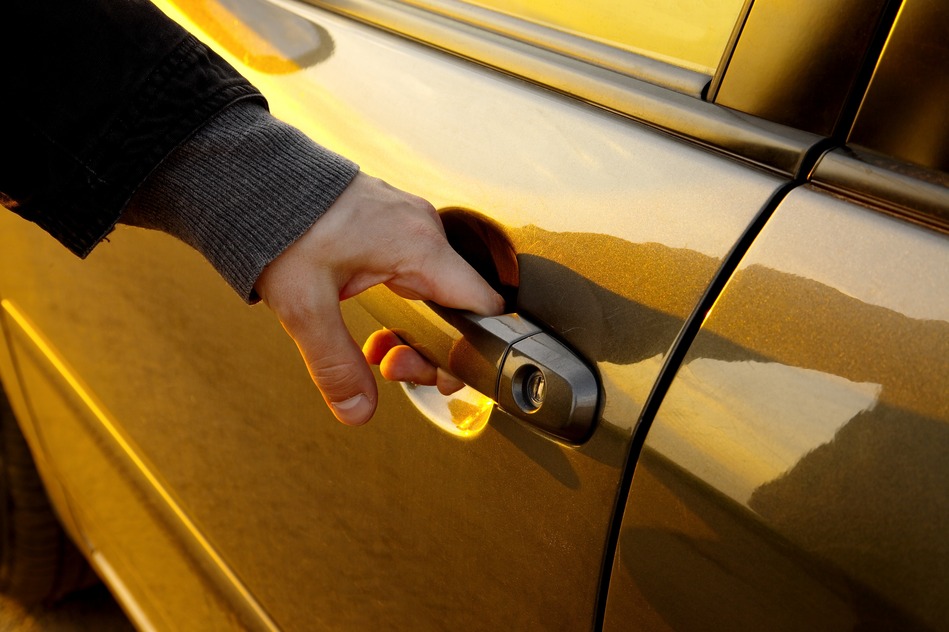
Felony Drinking and Driving Michigan – Best Defense
Operating while Intoxicated felony third offense
If you have been previously convicted with two drinking and driving convictions you can be charged with the felony offense, operating while intoxicated, no matter how much time has passed since the previous offense.
In 2006 the “Heidi’s” law amendments were made to Michigan’s drunk driving statute that allowed for any third offense drinking and driving offense in a persons lifetime to be charged as a felony. There is no length of time that will cut off previous drinking and driving convictions from being counted towards the OWI felony offense.
Even if your prior offenses occurred before Heidi’s law was enacted, you can still be charged with a felony for any subsequent offense.
For more information on drinking and driving in Michigan click here.
Felony OWI is more common than you would think
Drinking and driving is probably the only criminal offense that you can make an effort not to break and still be charged with. Graduation parties, work parties, anniversaries, celebrations, and having a drink or two with friend can result in an operating while intoxicated charge.
Many people believe that alcohol metabolizes in the body one drink per one hour. There are so many more factors and the rate is truly different for every person.
Many people suffer from alcoholism and refraining from drinking can be incredibly challenging to almost impossible.
For these reasons, people make mistakes and third offense DUI’s unfortunately happen.
Felony OWI defense Lawyer
Just like any other drinking and driving charge there are ways to challenge a felony drinking and driving that can result in a dismissal.
If the police did not observe you commit a civil infraction, or did not observe behavior that would lead them to believe you were or are about to commit a criminal offense the stop is illegal. An illegal stop results in evidence gained as a result of the stop to be thrown out, which means the case should be dismissed.
If the police did not have a reason to arrest you then any evidence gained after arrest should be suppressed. For instance, the breathalyzer machine at the station is used to determine blood alcohol. This machine is administered at the station, which would be after arrest, so if the arrest was illegal the information gained from this machine should be dismissed.
The blood alcohol content tests themselves can be challenged. The breathalyzer or (PBT) Preliminary Breath Test is unreliable and in fact is rarely admissible in front of a jury. The DataMaster machine at the station is often used improperly and can malfunction resulting in an improper BAC result. Blood draws can actually ferment in the vial and result in an inflated blood alcohol content. All of these things can be challenged and can effect the quality of the evidence against you.
Finally, the elements of the crime itself can always be attacked. For instance, if you were not actually driving on a public road the prosecutor may not be able to prove the crime. If the prosecutor cannot prove your blood alcohol was a .08 or higher at the time you were driving the prosecutor may not be able to prove the crime. If the prosecutor cannot prove you were the driver you should be found not guilty.
In some jurisdictions, it may be possible to negate to a lessor drinking and driving offense in order to avoid the felony.
Felony Operating while Intoxicated Penalties:
- One to fiver years imprisonment
- $500 to $5000 in fines plus costs
- 60 to 180 days community service
- License revocation for a minimum of 5 years
- License plate confiscation
- Vehicle forfeiture
- Six points on your license
- $2000 in driver responsibility fees
Hire an OWI felony defense lawyer
If you have been charged with felony drinking and driving contact criminal defense attorney Aaron J. Boria today. Our firm gets results (734) 453-7806





